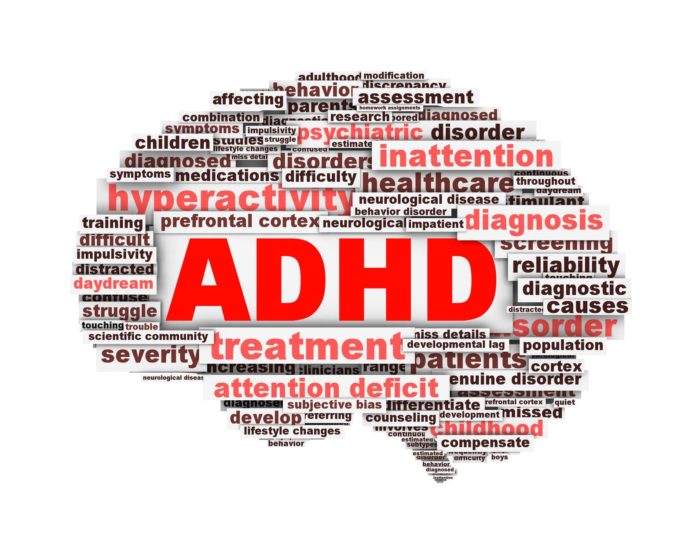
Your child has ADHD. He impulsively acts out; he struggles in school; he seemingly won’t settle down for even one second after you walk in the door to let you catch your breath. A visceral hook grabs hold, and you do the same old thing you’ve always done: you yell, you retreat, you set another rule, or you bend one. Then you mentally berate yourself for not staying calm or your child for not doing as he was told.
Challenging as it is, we are all capable of being mindful, such as staying fully aware of something unpleasant and pausing before responding. Your impulsive child is going to be impulsive today, even while you work on a longer-term plan for change. Avoiding the reality that you’d like something to be different without being proactive about it won’t change anything. But while you sort through the next best action to take (or perhaps decide not to say or do anything for a moment), your child will benefit when you drop the often unconscious assumption that life can be any different that it is right now. Your impulsive child is going to be impulsive today, even while you work on a longer-term plan for change.
ADHD is far more than a disorder of attention. It influences social skills, communication, morning routines, bedtime, technology use, eating habits, homework, and anything requiring coordination, planning, or foresight. In addition, your child’s ADHD affects others around him, especially family members.
In fact, ADHD often creates unproductive patterns in parents’ lives. When parents become overly stressed or overwhelmed, that affects their children. None of us are at our best when tapped out. And because ADHD itself increases family stress, it makes it harder for you to manage your child’s ADHD, which then amplifies stress further. Incorporating mindfulness into your life can break this draining cycle.
Mindfulness and Your Family
The practice of mindfulness provides tools for cultivating focus, resilience, and well-being–both yours and your child’s. They take advantage of the brain’s innate capacity to rewire itself, an ability we all maintain at any age. In ways that support the rest of ADHD care, you can build skills such as these for yourself and your children:
- Attention and awareness (vs. distractibility and operating on autopilot)
- Responsiveness (vs. reactivity)
- Intentional, creative problem solving (vs. reliance on entrenched habits)
- Open-minded discernment (vs. reflexive judgment)
- Compassion for yourself and others (vs. criticism and impatience)
A centuries-old practice accessible to anyone, mindfulness aims to build various traits that make the ups and downs of life easier to handle. Clinical research has confirmed its benefits, explaining why it’s an exponentially growing part of Western psychology and medicine. With mindfulness, you develop an increased capability to balance seeing things as they are with doing everything possible to change what you can, making everyday living more manageable.
Seeing ADHD as it is and realizing its broad and often insidious effects enhances planning and successful outcomes by any measure. As both a parent and a pediatrician specializing in child development and ADHD, I remain awed by the consistency with which mindfulness supports families. Time after time, no matter the cultural background or family dynamic, parents learning mindfulness report concrete changes that make their child’s ADHD far easier to overcome.
Parenting books and psychologists often ask parents to do things like stay calm when angry, or approach old problems from entirely new perspectives. Yet all of us have beliefs and assumptions developed over a lifetime, and these habits die hard. As you’ll see, practicing mindfulness makes change of this kind easier.
Here is a large part of why practicing mindfulness profoundly change your family life: addressing ADHD requires perseverance, flexibility, responsiveness, and an ability to find moments of joy and success during challenging times. All of that is much harder to sustain when you’re mentally swamped by anger, fear, or exhaustion. By practicing mindfulness, you’ll be promoting your own resilience and well-being not only for your own sake, but because your child will benefit.
– Adapted from “Mindful Parenting for ADHD,” released September 2015 by New Harbinger